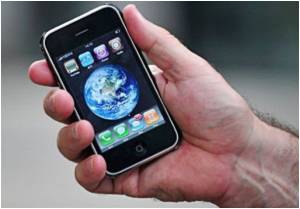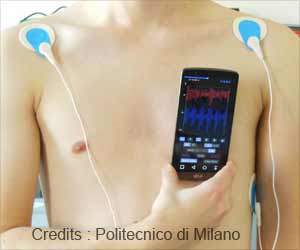Handheld, phone-based microscopes could effectively rule in individuals infected by parasites - important in allocating resources for public health screening.

‘Microscopes are vital in the diagnosis and surveillance of many of these parasitic infections, and are a staple in every clinical and public health lab worldwide.’





"We wanted to know if we could put these portable field microscopes into the hands of individuals who would use them in day-to-day settings, and whether they would be effective. We wanted to see how they would work in real-world situations where there are few labs," said Dr. Isaac Bogoch, senior author and physician in Internal Medicine and Infectious Diseases at Toronto General Hospital, University Health Network. Intestinal worms affect almost two billion people world-wide, predominantly in areas with poor sanitation and unsafe water. In children, these parasites may lead to malnutrition, stunted growth and development and can lead to chronic disability, with serious health and economic consequences. Microscopes are vital in the diagnosis and surveillance of many of these parasitic infections, and are a staple in every clinical and public health lab worldwide - except in developing countries where these parasitic infections are common.
Dr. Bogoch and his team tested two portable handheld microscopes: a commercial Newton Nm1 microscope and a mobile phone-based CellScope - essentially a smartphone with a special custom-fitted lens attached over the camera and light source, developed by University of California engineers - to detect intestinal parasites.
Local laboratory technicians were trained to operate the two handheld microscopes. In total, the technicians examined stool and urine samples from 226 individuals for the detection of parasites. The accuracy of all slides was evaluated by all microscopes: the two handheld devices, as well as a conventional, "gold" standard microscope.
The two handheld microscopes were very good at ruling in infections, and the Newton portable microscope was able to detect even very low-burden infections. The CellScope missed some low-burden infections, however newer iterations of this device are currently being tested to increase its sensitivity.
Advertisement
He adds that novel diagnostic approaches for common parasitic infections could have a profound impact on care of patients, as well as on public health approaches to screening in resource-poor areas. Accurate, portable, battery-powered microscopes which can deliver quality diagnostics to the poorest of the poor in underserviced areas can significantly ease the severe burden of infectious diseases, says Dr. Bogoch.
Advertisement











